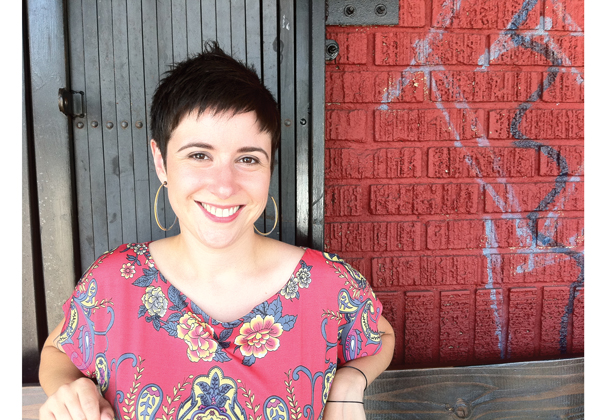
Facebook users sometimes have ethical and political reasons for abandoning the site, Laura Portwood-Stacer concludes in a study titled “Media Refusal and Conspicuous Non-Consumption: The Performative and Political Dimensions of Facebook Abstention.”
Portwood-Stacer, a Steinhardt professor in the Media, Culture and Communication department, created the study as the first phase of a research project about discomfort with different forms of media.
Published in “New Media and Society,” the study examines the reasons why people leave Facebook and how the media portrays these absences.
“People have a variety of reasons for quitting or refusing a platform like Facebook, yet many media accounts of the phenomenon portray quitters as hipsters or elitists,” said Portwood-Stacer in a press release. “Even some of the refusers themselves describe their decision to quit in terms that make it sound like they’re ‘too cool’ for Facebook.”
The study is an analysis of 100 web and print publications from 2006 to 2012. Also included are interviews with 20 people who abstain from using Facebook.
“I conceptualize Facebook abstention as a performative mode of resistance, which must be understood within the context of a neoliberal consumer culture, in which subjects are empowered to act through consumption [and non-consumption] choices … and through the public display of those choices,” said Portwood-Stacer in the study.
The study also shows that people who refuse Facebook are only making individual change rather than systemic change and thus won’t impact Facebook’s privacy regulations.
Mark Crispin Miller, a Steinhardt professor of Media, Culture and Communication, agrees that there needs to be more active participation to propel change on a greater level.
“That those opting out of Facebook often do so to protest its policies is a discovery suggesting how uneasy people often are about the brave new world of social media,” said Miller.
“And yet those opting out must understand that their mere individual withdrawal from Facebook won’t do much, if anything, to change the system that disturbs them. Any such change will certainly require a bolder, more collective sort of activism,” he added.
NYU students struggle between protecting their privacy and sharing their social lives.
“I have [deactivated my Facebook account] to protest privacy rights. Once for when I first started applying for internships…and another time when I realized how many photos were up of things I don’t want,” said Steinhardt sophomore Maria Jung.
College of Arts and Science sophomore Cindy Pi mirrors Jung’s sentiment.
“When there was a big concern over image privacy on Facebook, I deactivated my account and hoped that it would change the policies,” said CAS sophomore Cindy Pi. “But of course it didn’t really do much and I just ended up making my photo albums private.”
A version of this article appeared in the Tuesday, Feb. 26 print edition. Tatiana Baez is a university editor. Email her at [email protected]





















































































































































